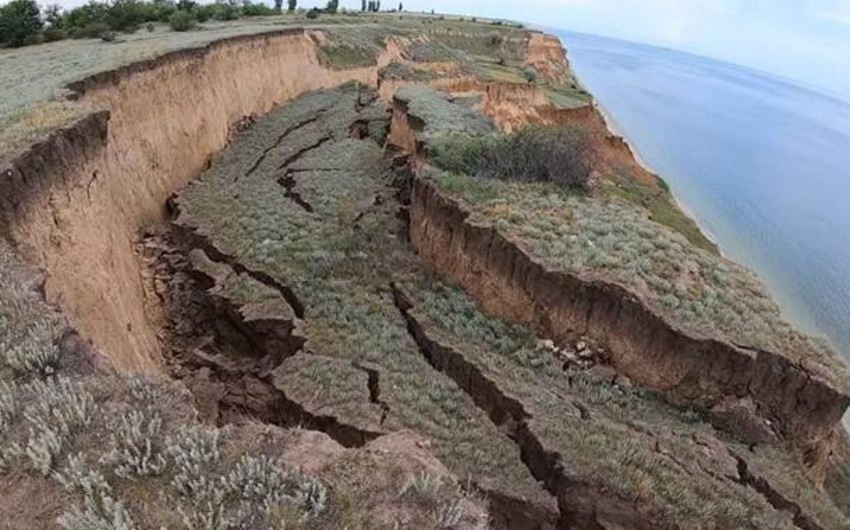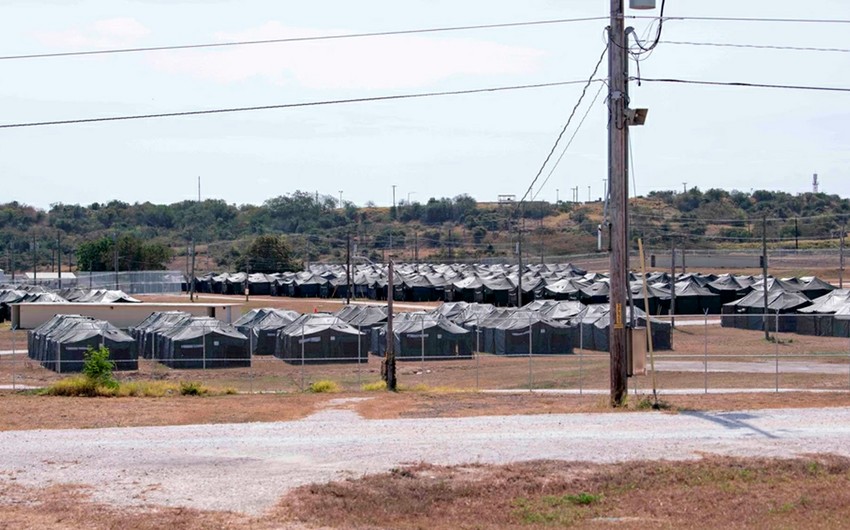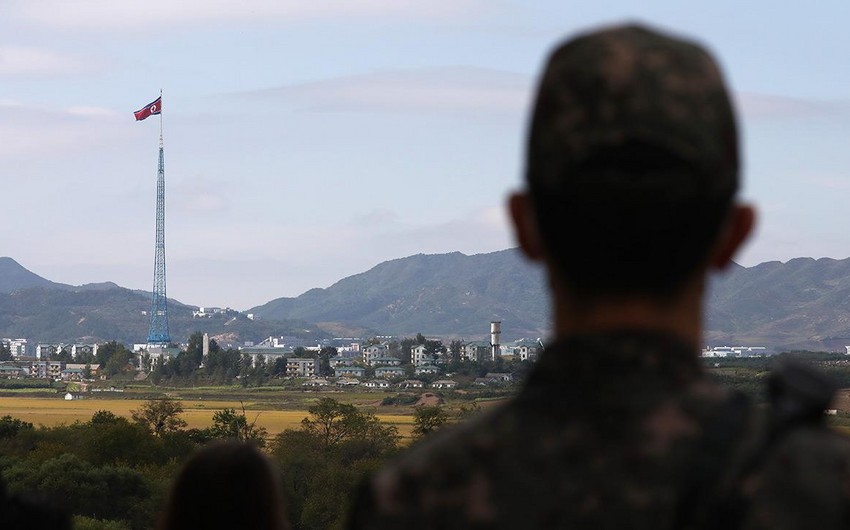Eurasia Diary presents an article titled "CPEC and Concept of Climate Justice: Persuasions & Policies" published in Pakistan Observer.
Article by Dr Mehmood Ul Hasan Khan, expert on regional and geopolitical studies.
Its various projects have become hope for mitigating the bad effects of green gases emissions. Hopefully, its phase-II will start new projects of solar & wind energies in the country.
Unfortunately, Pakistan’s persuasions towards green revolution have some grey areas which should be removed as soon as possible to achieve the desired goals of green revolution in the country.
Devastating floods have forced Pakistan to reach the international community for humanitarian assistance. However, some countries tried to influence its foreign policy. The main target remained CPEC and Pakistan-China relations.
Most recently, the Financial Times reported UNDP’s proposal for Pakistan to negotiate debt relief with creditors mainly from China to stem the climate-change-fuelled crisis. It noted that China was one of Pakistan’s largest creditors with Islamabad owing more than $30 billion accumulated through CPEC.
While meeting with Bilawal Bhutto Zardari, the US State Secretary Antony Blinken also called on Pakistan to seek debt relief from China and started a new round of blame game.
According to the latest official data (October 2022), China has become the biggest donor of humanitarian assistance in the country. It has donated more than 690 million RMB (US$90.5 million). It has been seriously engaged with the government of Pakistan, local authorities and communities alike to help all of them.
Its official assurance of “Reconstruction” of broken infrastructure is constructive. Moreover, its humanitarian assistance is unconditional and continuous which is really commendable. So Pakistan needs climate justice not manipulation of power politics to safeguard its socio-economic interests.
Unfortunately, the industrialized countries including the USA, Canada, Japan and much of Western Europe, account for just 12 percent of the global population but are still responsible for 50 percent of all the planet-warming greenhouse gases released from fossil fuels and industry over the past 170 years.
Unfortunately, Pakistan is one of the most vulnerable countries in the world to the consequences of climate change, as climate change increases the likelihood that these and other natural hazards may rise in frequency and intensity in the future decades.
Furthermore, the reduced agricultural output, higher variability in water supply, increased coastline erosion and seawater incursion, and increased frequency of extreme climatic events are only a few of Pakistan’s many predicted consequences of climate change.
Therefore, the only way to effectively combat these threats is to incorporate climate change into national strategy and CPEC projects and make climate-aware investments in infrastructure, enterprises, and human capital.
In this regard, as part of the BRI-CPEC, Pakistan and China have set up a “lidar station” to monitor the local climate. Researchers and scientists can work together under this lidar network to establish a regional weather monitoring system, which will aid in the creation of a weather disaster warning system.
Lidar, the most advanced radar system, has begun operations in Peshawar, Pakistan, to collect data on the CPEC area’s clouds, aerosols, temperature, and humidity.
It will provide fundamental information for weather and environmental disaster forecasting and global warming analysis.
It is also encouraging that scientists from China and Pakistan are developing various kinds of hybrid plants to adapt to the local conditions to make the sandy land of Gwadar the shining pearl of CPEC green.
In this regard, nearly 100,000 seedlings of bananas, dates, orchids and figs have been cultivated there under the Belt and Road Engineering Research Centre for Tropical Arid Non-wood Forest, which was jointly launched by Central South University of Forestry and Technology, China Overseas Ports Holding Company Pakistan (Pvt) Ltd and Yulin Holdings.
Pakistani universities, including the University of Karachi (KU), the Indus University and the University of Agriculture Faisalabad have participated in the research.
Researchers from China and Pakistan are working together to turn the barren lands and drought areas, especially Gwadar and other coastal areas into green lands.
Moreover, a very magnificent and well-developed laboratory has been developed in Gwadar and tissue culture laboratory experiments have been started. It is cultivating such varieties which fulfil the drought environment.
Hopefully, Gwadar will be a model of how we can green an area under environmental stress,” he said with confidence. These hybrid plants are improving the tropical arid environment and providing not only provide shade, oxygen, carbon dioxide regulation, and environmental benefits in Gwadar.
To conclude, the government of Pakistan has already approved the construction of solar power projects of 2000 megawatts in the public sector to generate low-cost and environment-friendly electricity. The Prime Minister Shehbaz Sharif reviewed progress on the installation of 10,000 megawatts solar projects across the country which would also reduce the country’s dependence on power projects.
While visiting Pakistan the UN Secretary-General, António Guterres, called the climate crisis a “code of red for humanity”.
The climate crisis is a human rights crisis on a colossal scale, and to help mitigate it, the world needs joint collaboration to take urgent action.
According to a study published in the “Nature Reviews Earth & Environment”, by 2020, China’s “carbon intensity decreased by 48.4 percent compared to 2005 levels, achieving objectives outlined in the “Nationally Appropriate Mitigation Actions and Nationally Determined Contributions” a significant improvement.
China dominates the global supply chain for solar photovoltaic and is a major player in lithium-ion batteries, and has a strong position in wind manufacturing which should be institutionalized in the ongoing projects of the CPEC in the country.
Thanks, the climate justice concept has now become a hot topic in the world especially in the developing countries.
It is a global crisis but its effects are not felt evenly around the world. Unfortunately, the worst effects of the climate crisis i.e. extreme heat, flooding and crop failures are disproportionately felt by the developing countries and struggling communities in the Global South.
Unfortunately, the blame of global warming is not shared evenly, either. In an utter travesty of justice, the places which are currently suffering the effects of global warming bear little or no historical responsibility for causing it.
Instead, the blame overwhelmingly lies with the rich countries of the Global North which used vast quantities of fossil fuels to power their industrial growth.
The United States is responsible for more than a quarter of all carbon emissions to date, while the total for the entire continent of Africa is under 3%. The UK has a huge historical footprint. Up until 1882, it accounted for over half of all global carbon emissions.
The looming crisis of climate change did not come about by accident, but as a result of deliberate political choices by rich countries.
Unfortunately, European colonialism and the US imperialism remained the main culprits for global warming.
Moreover, increasing cooperation in the production of electric vehicles, lithium batteries, solar panels, replication of Green Gwadar model in Thar and other desert areas of Pakistan, sustainable supply chains in hybrid seeds, plants, modern agriculture machineries, green finances, green houses, diversification of cash crops, hydro-power generation, water conservation technologies, and last but not least, agro-drone technologies should be initiated and institutionalized in the CPEC Phase-II in the country.
Fast drying of rivers in the EU and countrywide forest fires in the US is a wake-up call for their policy-makers who have been in search of “scapegoats” for their own follies, especially in global warming.
So “disparity by design” implemented on “Global South” should be stopped immediately, otherwise, the genie of global warming may also be in “wild hunt” to create havoc in their continents very soon.





.jpeg)




